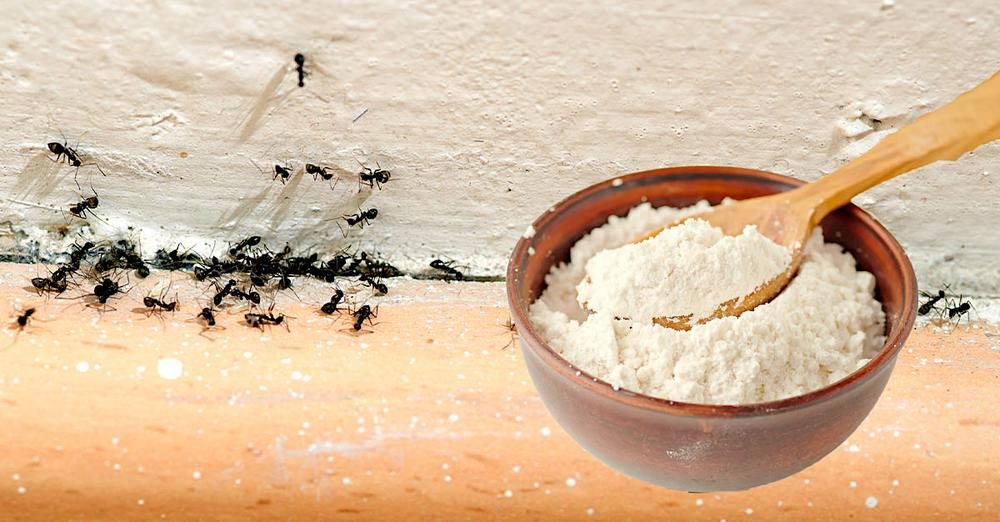12 Ingenious Ways to Use Lemons in Your Home
Lemons are a versatile and essential ingredient in the kitchen, offering more than just a tangy flavor. From enhancing the taste of your dishes to providing practical household solutions, lemons are incredibly useful. Here are twelve creative and practical ways to use up old lemons.

Lemons, with their bright flavor and vibrant color, are a staple in many kitchens. But beyond their common use in cooking and baking, lemons have a multitude of other applications that can enhance both your cooking and everyday household tasks. Rich in vitamin C and other beneficial compounds, lemons are not only a healthy addition to your diet but also a versatile tool for cleaning, preserving, and beautifying. Here are twelve innovative ways to make the most of lemons.
1. Enhancing Flavors in Cooking
Lemon juice and zest can brighten up the flavor of a wide range of dishes. Add a squeeze of lemon juice to fish, chicken, or vegetables to enhance their taste. Lemon zest can be used in baking to impart a fragrant citrus flavor to cakes, cookies, and pastries.
2. Preserving Food
Lemon juice can prevent the browning of fruits and vegetables. Apply lemon juice to sliced apples, avocados, or potatoes to keep them looking fresh and appealing. The acid in lemon juice slows down the oxidation process, preserving the natural color of the food.

3. Making Salad Dressings
Lemon juice is a key ingredient in many salad dressings. Combine it with olive oil, salt, and pepper for a simple and refreshing dressing. You can also mix lemon juice with yogurt, herbs, and garlic for a creamy and tangy dressing.
4. Cleaning and Deodorizing
The natural acidity of lemons makes them excellent for cleaning and deodorizing. Use lemon juice to clean cutting boards, countertops, and sinks. Combine lemon juice with baking soda to create a powerful cleaning paste for scrubbing stubborn stains. Lemons can also be used to freshen up your garbage disposal by grinding up lemon peels.
5. Making Lemonade
Lemonade is a classic and refreshing beverage, especially in the summer. Combine freshly squeezed lemon juice with water and sweetener to taste. You can also experiment with adding other fruits or herbs, such as strawberries or mint, for a unique twist on traditional lemonade.

6. Tenderizing Meat
Lemon juice can act as a natural meat tenderizer. The acidity breaks down the proteins in meat, making it more tender. Marinate chicken, beef, or pork in a mixture of lemon juice, herbs, and spices before cooking to enhance flavor and texture.
7. Preserving Lemons
Preserved lemons are a staple in many Middle Eastern and North African cuisines. They add a unique, tangy flavor to dishes. To make preserved lemons, pack lemon quarters with salt and store them in a jar with lemon juice. Let them ferment for a few weeks before using.
8. Flavoring Beverages
Lemon slices or zest can add a refreshing flavor to water, tea, and cocktails. Infuse water with lemon slices for a healthy and flavorful alternative to sugary drinks. Add lemon zest to tea or use it as a garnish for cocktails to enhance their aroma and taste.

9. Making Desserts
Lemons are essential in many desserts, such as lemon bars, lemon meringue pie, and lemon sorbet. Their tartness balances the sweetness of these treats, making them refreshing and satisfying. Use both the juice and zest to maximize the lemon flavor in your desserts.
10. Removing Odors from Hands
Lemon juice is effective at removing strong odors from your hands, such as garlic or fish. Rub your hands with lemon juice, then rinse with water to neutralize unwanted smells. The acidity of the lemon helps break down the odor-causing compounds.
11. Brightening Laundry
Lemon juice can naturally whiten and brighten your laundry. Add a half cup of lemon juice to your wash cycle to remove stains and freshen your clothes. The citric acid in lemons acts as a natural bleaching agent.
12. Treating Minor Skin Issues
Lemon juice has antibacterial and antifungal properties, making it useful for treating minor skin issues. Apply lemon juice to acne spots, insect bites, or minor cuts to help disinfect and promote healing. However, use with caution, as lemon juice can be irritating to sensitive skin.
;Resize,width=767;)

;Resize,width=712;)
;Resize,width=712;)
